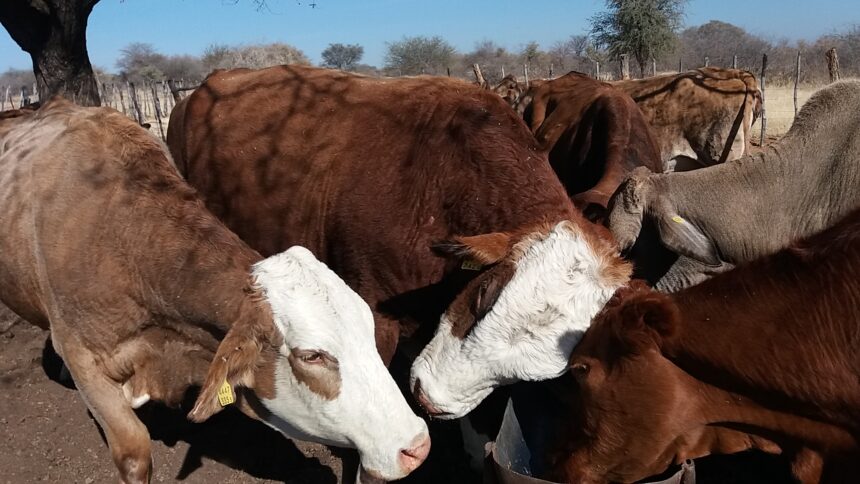OSHAKATI – The drought relief programme will cost the government over N$1.3 billion to fully implement.
This is according to Rhingo Mutambo, spokesperson in the Office of the Prime Minister, who was responding to questions from the media on the national drought programme.
He said the government has made N$820 million available for the programme through the National Emergency Disaster Fund (NEDF).
There, is therefore, a funding gap of N$482 million.
Mutambo indicated that the approved drought relief programme runs from 1 July 2024 to June 2025, and those eligible are rural households who engage in subsistence farming that are affected by drought, households with a combined monthly income not exceeding N$3 200, and households not receiving food relief from any sources (equivalent to the government food basket) during the intervention period.
“The government is, therefore, appealing to development partners, the local business community, international community and individuals to help fill the funding gap in order to save lives,” he said.
This amount will assist a total of 341 855 households, where 1.4 million people are food-insecure.
Mutambo indicated that every household receives a food parcel containing 20 kilogrammes of maize meal, four tins of fish and one 750ml of cooking oil per month. So far, the monthly food allocation countrywide targets 341855 households, translating into 341855 parcels per month.
The government distributes basic food parcels to supplement households’ food stock per month. “We are aware that this may not be sufficient.
Hence, Cabinet has approved the increase of bags of maize meal from 12.5kg to 20kg per household per month.”
He noted that the government, with the support of WFP, has already launched the introduction of the commodity beneficiary information management system (CBIMS), also known as the e-voucher food granting system.
Should the drought persist, government will undertake further assessments to determine the drought situation and the negative impact it has on the livelihoods of people, and based on the outcome, the appropriate determination will be made.
-Nampa


